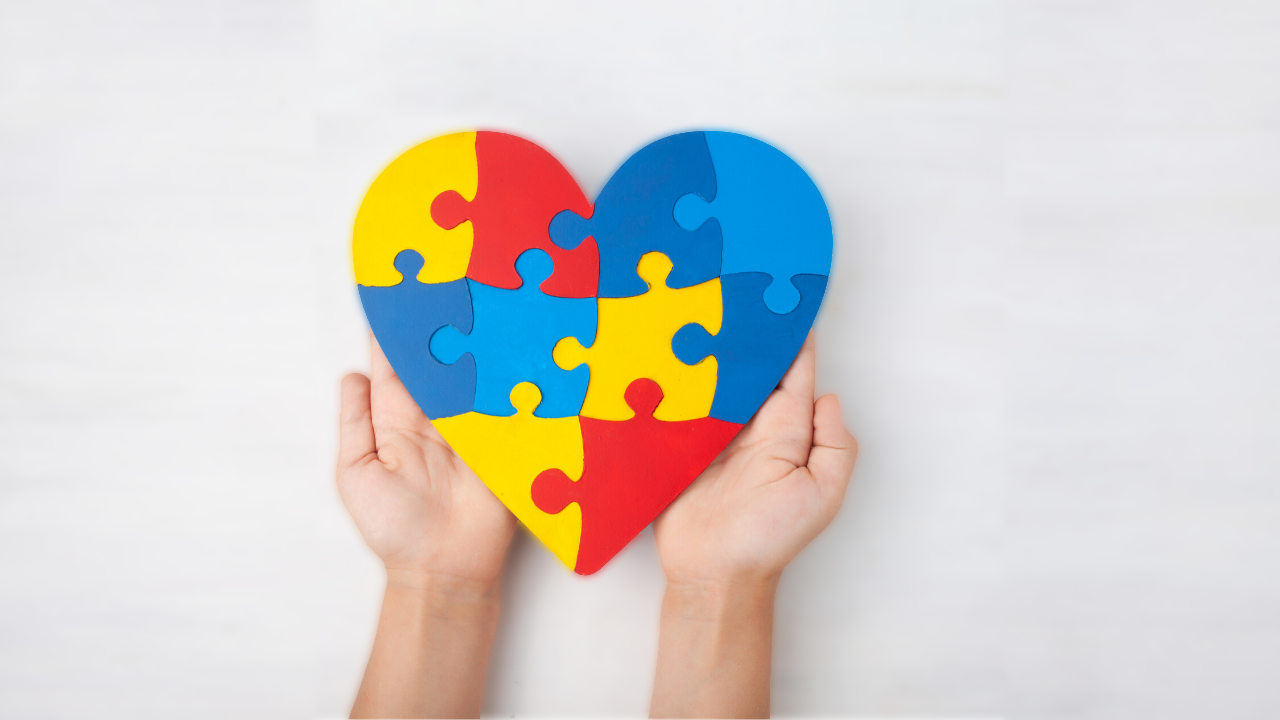Secrets to Noticing Trauma in Children
Secrets to Noticing Trauma in Children
Trauma in children can be difficult to understand and recognize.
Children do not have the language to identify what is wrong or if they are experiencing trauma.
As parents, caregivers, professionals, and adults, it is important to be mindful of various signs that COULD mean a child is experienced trauma.
One of the first ways to notice trauma in children is to look for somatic symptoms.
Often times, children express issues in their mental health through various physiological symptoms such as headaches, stomach pains, constipation, and even issues with skin..
To be clear, if your child has a stomach ache, it does not mean they have experienced trauma.
If your child is experiencing stomach aches regularly, notice these consistent issues in your child and speak with a medical doctor and mental health therapist to assess for signs of psychological distress.
Other physical signs of abuse may be more obvious such as bruising, cuts, bleeding, avoidance of physical touch, or avoidance of being touched in certain areas, avoidance of eye contact, or bleeding from genitals (not related to menstruation).
Children may also demonstrate various behaviors that can indicate some level of emotional distress due to trauma or adverse childhood experiences. Skin picking, hair pulling, over eating, restricting food, sexualize behaviors (not age appropriate… please consult with someone as to what is and is not age appropriate), self injury, avoidance of people or places suddenly and consistently, intense bursts of emotion, frequent nightmares, jumpiness, fear for personal safety, truancy, mutism, and frequent levels of negative self talk.
Trauma in childhood is also seen in their attachment to their caregivers. The behaviors and symptoms described above can be physiological or behavioral manifestations. Other attachment wounds can look like fear and/or confusion around various attachment figures in their life. Significant changes in their attachment to others can also be an indicator.
To be clear, any of these symptoms can be typical in children. Its when you notice clusters of them or frequency of these symptoms that should be cause for concern. Patterns of these behaviors usually indicate some level of emotional distress, if not trauma. Also, the context of what is age and stage appropriate is vital. So if a teenager is avoiding their parent, there is high likelihood that may be a normative behavior for developmental level. It’s important as your child(ren) grow that you learn what is and is not appropriate behavior. At the end of the day, YOU know your child best.
Another important aspect to remember in working with children is that if a child does report abuse or trauma, the likelihood they are lying is fairly low. Of course there are situations where that is the case, but the statistics do show that when kids share that something has happened to them, it usually has. So if your kid has trusted you enough to share with them, please take it seriously. Because it is serious!
Long Term Effects of Trauma in Children
There are long term impacts of childhood trauma. Untreated or unaddressed childhood trauma can lead to serious mental health issues over time and in adulthood as well as issues in future relationships. These impacts can be with physical health, relationships, sexual intimacy, parenting, etc.
In many ways childhood trauma or “Adverse Childhood Experiences” have a long term impact in our world. There has been much research done to show how these experiences can shape a persons life and impact their health and whole being. Untreated trauma is an epidemic in my opinion. Engaging with children, caregivers, and families in addressing these issues as early as possible or to preventative work could have major change in our world and future generations.
For more information on childhood trauma, feel free to look into the research done around “Adverse Childhood Experiences” or ACES to learn more about the impacts about childhood trauma and what to look for. If you are unsure of what may or may not be occuring within a child’s life, support the child and/or family in engaging in therapy to learn more. At LCAT we can help!
About Life Coaching and Therapy
Life Coaching and Therapy (LCAT) is a therapy and coaching practice that transforms our clients lives through our flexible. Multi-technique approach and pleasure-skills training provided by systematically-trained and licensed therapists!
Get to know Nicole Scrivano, LMFT, LCAT’s Director, by making an appointment. Nicole specializes in working with individuals and couples to bring identity-informed care and strategies for success in overcoming trauma triggers. Start your journey here with Nicole.
Our team of compassionate, licensed therapists and certified sex therapists help all clients who visit us for a variety of personal, relationship, intimacy and sex problems.
LCAT provides on-site appointments, as well as video chat and text therapy programs.
Learn more about how LCAT can help improve your life at What We Do.







